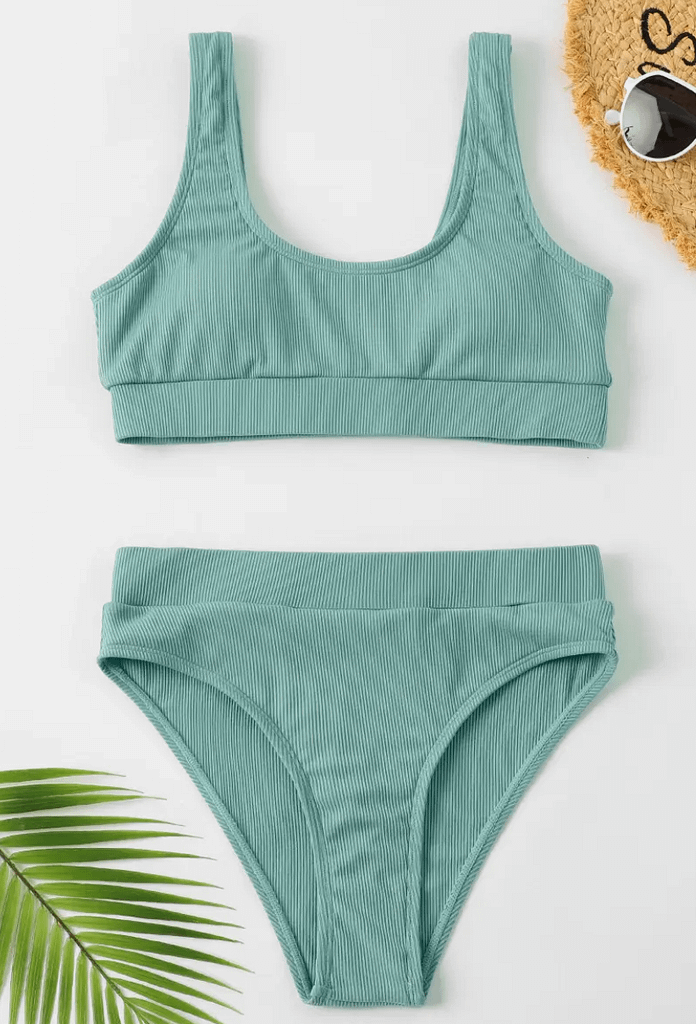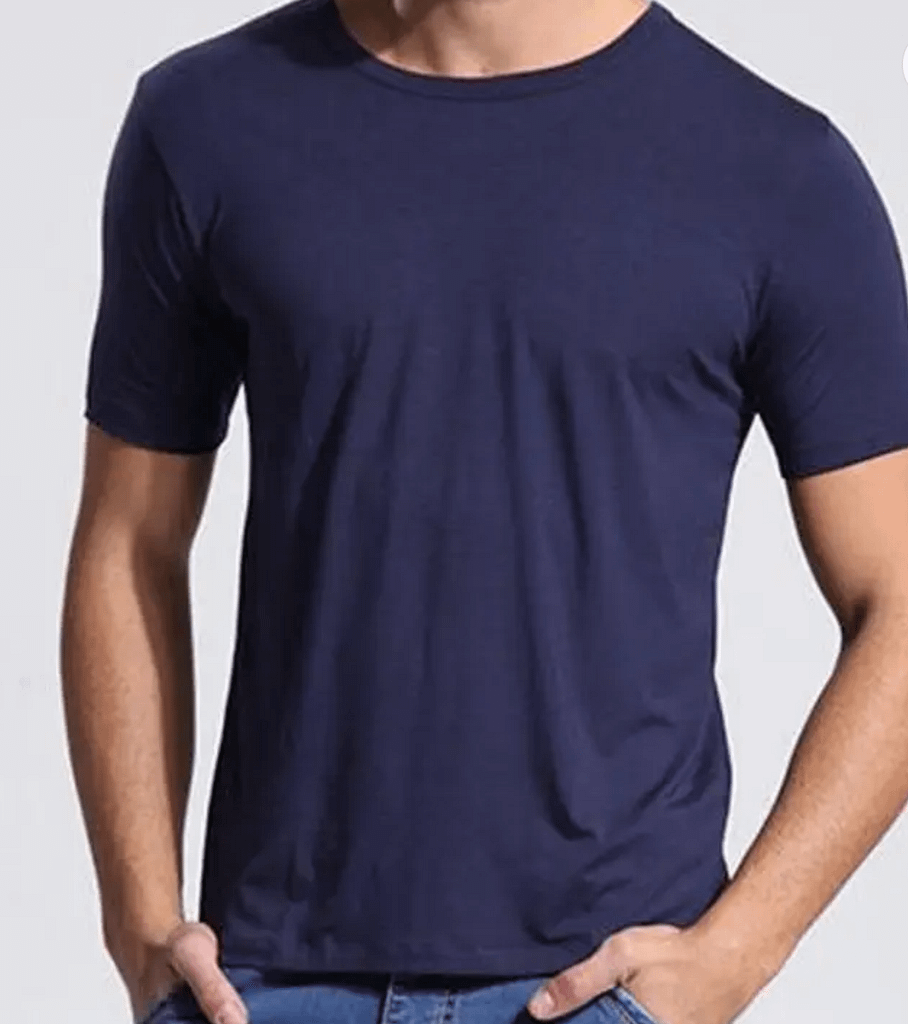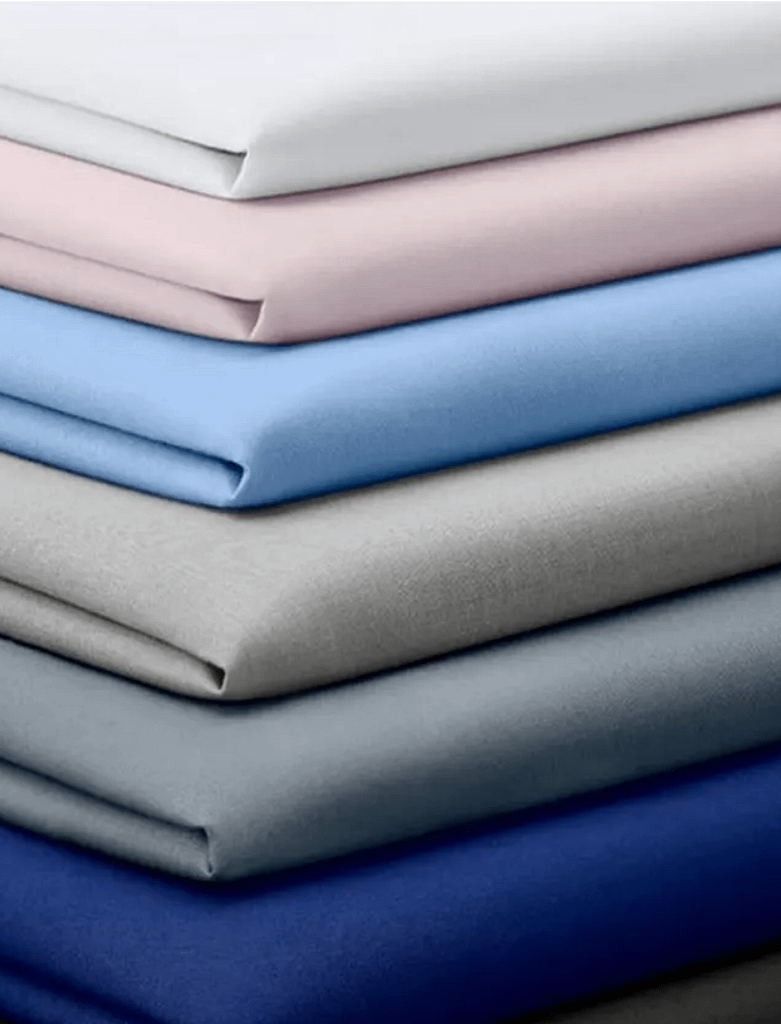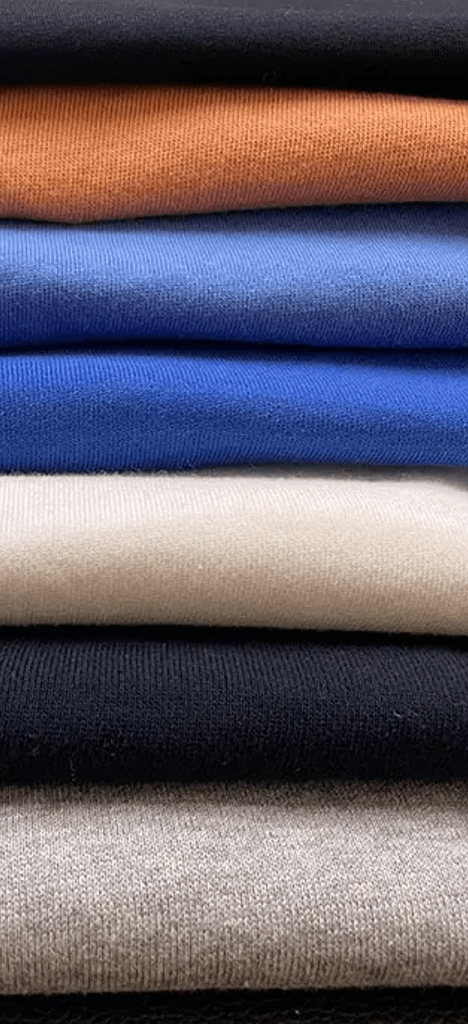Going Green: The Rise of Bamboo Fabric in UK Clothing
The fashion industry has been facing increasing pressure to become more environmentally friendly, and one material that has been gaining attention is bamboo fabric. This sustainable and versatile fabric has been making its mark in the UK clothing manufacturing scene, offering a greener alternative to traditional fabrics. From high-end designer pieces to everyday basics, bamboo fabric is becoming a popular choice for both consumers and brands alike. We will explore the rise of bamboo fabric in UK clothing and its potential to revolutionise the fashion industry.
Understanding Bamboo Fabric: A Sustainable Material
Bamboo fabric is a sustainable material that has been gaining traction in the UK clothing industry. Made from the pulp of bamboo grass, this fabric is highly sustainable due to the fast growth rate of bamboo plants and their ability to regenerate without the need for replanting. Bamboo fabric is also considered eco-friendly because it requires minimal water and pesticide use during cultivation.
This versatile material offers a range of benefits that contribute to its sustainability. Bamboo fabric is naturally breathable, hypoallergenic, and antibacterial, making it suitable for a variety of clothing items. It is also highly absorbent and has excellent moisture-wicking properties, keeping the wearer cool and dry. Additionally, bamboo fabric has a soft and luxurious feel, similar to silk or cashmere.
With its sustainable properties and numerous benefits, bamboo fabric has become an appealing choice for clothing manufacturers and consumers alike. It offers a greener alternative to traditional fabrics while still maintaining quality and comfort. As the demand for sustainable fashion grows, it is likely that bamboo fabric will continue to play a significant role in the UK clothing market, revolutionising the way we view and approach sustainable fashion.

The Role of Bamboo Fabric in Clothing Manufacturing
Bamboo fabric has quickly emerged as a game-changer in the clothing manufacturing industry, with its sustainability and versatility making it an attractive option for many brands. One of the key roles that bamboo fabric plays in clothing manufacturing is its contribution to reducing the environmental impact of the fashion industry.
By opting for bamboo fabric, clothing manufacturers can significantly decrease their carbon footprint. Bamboo plants have a rapid growth rate and require minimal water and pesticide use, making them highly sustainable compared to traditional fabric sources. This means that clothing made from bamboo fabric has a much lower environmental impact throughout its lifecycle.
Furthermore, bamboo fabric offers numerous advantages for clothing manufacturing. Its breathability, hypoallergenic properties, and antibacterial nature make it suitable for a wide range of clothing items. The fabric’s excellent moisture-wicking properties also ensure that wearers stay cool and dry, enhancing the overall comfort of garments.
The role of bamboo fabric in clothing manufacturing goes beyond sustainability. It offers an opportunity for brands to align themselves with the growing demand for eco-friendly fashion, appealing to consumers who prioritise sustainability without compromising on quality or style. As more brands recognise the benefits of bamboo fabric, its role in clothing manufacturing is expected to continue to expand, further revolutionising the fashion industry.
Advantages of Bamboo Fabric in the Clothing Industry
Bamboo fabric offers a plethora of advantages in the clothing industry, making it an appealing choice for both manufacturers and consumers. One of the key advantages is its sustainability. Bamboo plants have a remarkable growth rate and can regenerate without the need for replanting, making it highly renewable. Additionally, bamboo fabric requires minimal water and pesticide use during cultivation, further reducing its environmental impact.
Beyond its sustainable properties, bamboo fabric boasts numerous benefits. Its breathability ensures that clothing made from this material keeps the wearer cool and comfortable, making it ideal for warm climates. The fabric is also naturally hypoallergenic and antibacterial, making it suitable for individuals with sensitive skin. Bamboo fabric’s excellent moisture-wicking properties draw sweat away from the body, keeping the wearer dry and preventing odour build-up.
Another advantage of bamboo fabric is its luxurious feel, comparable to silk or cashmere. This ensures that clothing made from bamboo fabric is not only sustainable but also of high quality. The versatility of bamboo fabric allows it to be used in a wide range of clothing items, from everyday basics to high-end designer pieces.
Overall, the advantages of bamboo fabric in the clothing industry make it an exceptional choice for brands looking to reduce their environmental impact while providing comfortable and stylish garments to consumers.

Bamboo Fabric Usage in the UK Clothing Market
Bamboo fabric has made significant strides in the UK clothing market, gaining popularity amongst both brands and consumers. This sustainable material has found its way into various clothing items, ranging from everyday basics to high-end designer pieces.
One area where bamboo fabric is commonly used is in activewear. The fabric’s breathability, moisture-wicking properties, and antibacterial nature make it an ideal choice for sportswear. Whether it’s yoga leggings or workout tops, bamboo fabric provides comfort and performance for athletes and fitness enthusiasts.
Additionally, bamboo fabric has found its way into loungewear and sleepwear. The soft and luxurious feel of the fabric creates comfortable and stylish options for relaxing at home. Brands are increasingly recognising the appeal of bamboo fabric for these categories, catering to consumers’ desire for eco-friendly and sustainable options in their everyday clothing.
The rise of bamboo fabric in the UK clothing market is indicative of the growing demand for sustainable fashion. As more consumers become conscious of the environmental impact of their clothing choices, brands are responding by incorporating bamboo fabric into their collections. This trend is set to continue as the fashion industry as a whole moves towards a more sustainable future.

Prominent UK Brands Embracing Bamboo Fabric
A number of prominent UK brands have embraced the use of bamboo fabric in their clothing collections, showcasing the growing influence of this sustainable material on the fashion industry. One such brand is Stella McCartney, known for its commitment to sustainability. McCartney has incorporated bamboo fabric into its collections, offering consumers stylish and eco-friendly options. Another brand embracing bamboo fabric is Thought, a UK-based clothing label that focuses on sustainability. Thought uses bamboo fabric in a wide range of clothing items, from basics to dresses, prioritising comfort and style without compromising on ethical values. TALA, a popular athleisure brand, has also incorporated bamboo fabric into its activewear collections, providing sustainable options for fitness enthusiasts. Other brands such as Bamboo Clothing and Boody have made bamboo fabric their signature material, creating entire clothing ranges dedicated to this eco-friendly option. With these prominent brands leading the way, it’s clear that bamboo fabric is making a significant impact in the UK clothing industry, setting the stage for a greener and more sustainable future in fashion.

The Future Outlook: Bamboo Fabric’s Growing Influence on Sustainable Fashion
As we look towards the future of sustainable fashion, it is clear that bamboo fabric will continue to play a significant role in shaping the industry. The growing influence of bamboo fabric on sustainable fashion is evident in the increasing number of brands incorporating it into their collections. Consumers are becoming more conscious of the environmental impact of their clothing choices and are actively seeking out sustainable options. Bamboo fabric offers a greener alternative to traditional fabrics without compromising on quality or style. Its sustainable properties, such as fast growth rate and minimal water and pesticide use, make it a highly desirable material for both manufacturers and consumers. With its numerous benefits, including breathability, hypoallergenic properties, and excellent moisture-wicking abilities, bamboo fabric is becoming a staple in activewear, loungewear, and sleepwear. Prominent UK brands like Stella McCartney and Thought have embraced bamboo fabric, paving the way for a greener and more sustainable future in fashion. As the demand for sustainable fashion continues to rise, the influence of bamboo fabric will only grow, revolutionising the industry and setting new standards for eco-friendly clothing options.